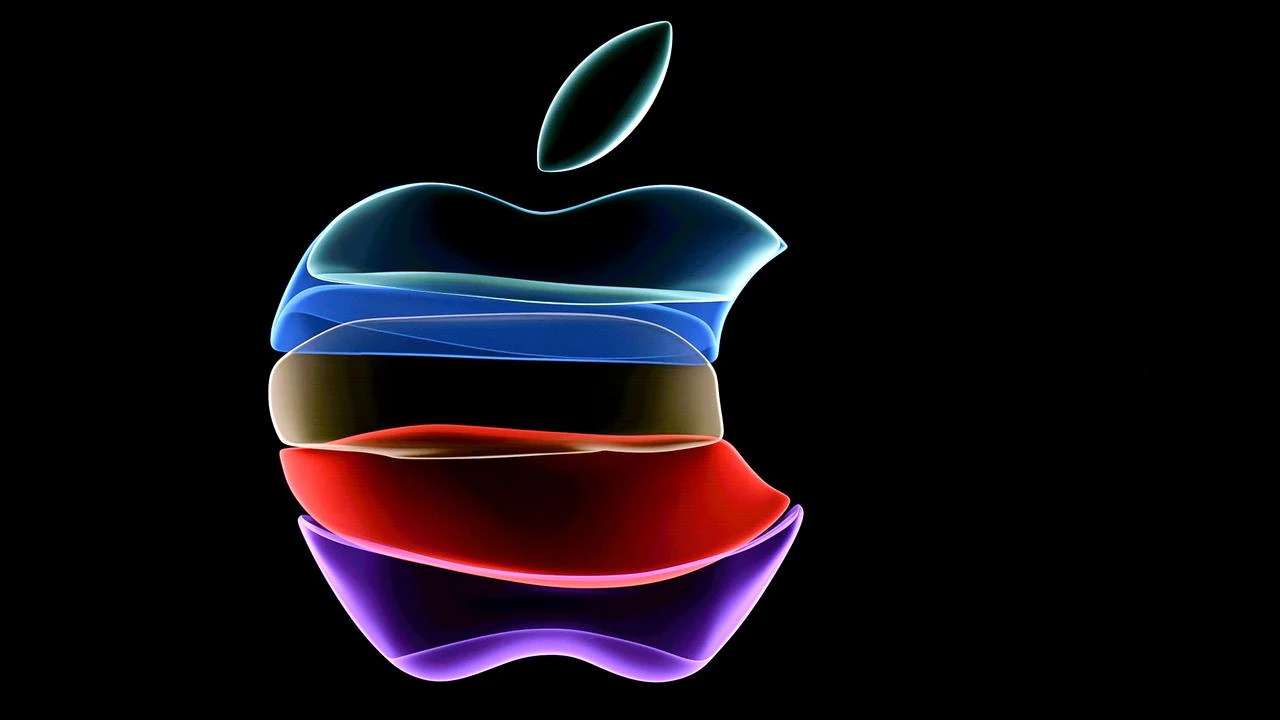Apple has long been recognized as one of the leading tech giants in the world, with its products being highly sought after by consumers. Its success can be attributed to various factors, one of which is its leadership style. While the company’s leadership style has evolved over the years, it has remained effective and has contributed significantly to the company’s success. In this article, we will explore how Apple’s leadership style made it a tech giant.
Under the leadership of the late Steve Jobs, Apple’s leadership style was highly autocratic. Jobs was known for micromanaging a wide range of business operations, and it was said that everything flowed through him. However, after Jobs’ passing, the company’s leadership practices changed dramatically under Tim Cook.
Cook, who was acknowledged as the World’s Greatest Leader by Fortune Magazine, has been praised for his inspirational leadership style. He is known for promoting a democratic leadership style that involves building consensus among senior management regarding strategic decisions for the business. Cook has also granted greater autonomy to the new product development team, decreasing the direct participation of the CEO in the new product development process.
One of the most notable aspects of Cook’s leadership style is its “quiet” nature. Unlike his charismatic predecessor, Cook is known for his quiet, yet effective leadership style. This approach has helped him build a strong and loyal team, who appreciate his efforts to inspire and help them become better individuals.
Another interesting aspect of Apple’s leadership style is its reliance on technical experts for decision making. This principle is driven by the company’s need to operate in an industry where the product life cycle is short, and technological disruption is high. Apple believes that it is easier to train experts to become managers than to train managers to become experts. Therefore, the company relies heavily on its technical experts for strategic decision-making, and most of its managers are experts in their fields.
While Cook has been praised for his leadership style, he has also been criticized for lacking the ambition and vigor of his predecessor, Steve Jobs. Analysts and industry watchers have noted that under Cook, Apple has been cautious about entering new product categories, and its sales have not been as impressive as they were during Jobs’ era. However, the company’s focus on innovation remains unchanged, and it continues to push the boundaries of what is possible in the tech industry.
Takeaway
In summary, Apple’s leadership style has proven to be a key factor in the company’s success as a tech giant. The shift towards a democratic leadership style under the leadership of Tim Cook has allowed for greater collaboration and consensus building among senior management, resulting in more effective decision-making and strategic planning. Moreover, the company’s emphasis on technical expertise has enabled it to stay ahead of the curve in a fast-changing industry, and maintain its reputation as an innovator and leader.
Another defining characteristic of Apple’s leadership style has been the “quiet” leadership approach taken by Tim Cook. While his predecessor, Steve Jobs, was known for his charismatic and highly visible leadership style, Cook has taken a more understated approach. Nevertheless, his quiet strength and determination have helped to inspire and motivate his team, and drive Apple towards new heights.
Despite some criticisms about Cook’s lack of ambition compared to Jobs, it is clear that Apple’s leadership style under Cook’s tenure has been successful. The company continues to introduce new and innovative products and services, and remains a dominant force in the tech industry. In fact, Apple’s leadership style serves as a model for many other companies, who look to emulate the company’s success and learn from its example.
In conclusion, Apple’s leadership style has been a key driver of its success, and serves as a testament to the importance of effective leadership in achieving business success. As the tech industry continues to evolve and change, Apple’s leadership will undoubtedly play a critical role in shaping the company’s future and ensuring its continued success.











